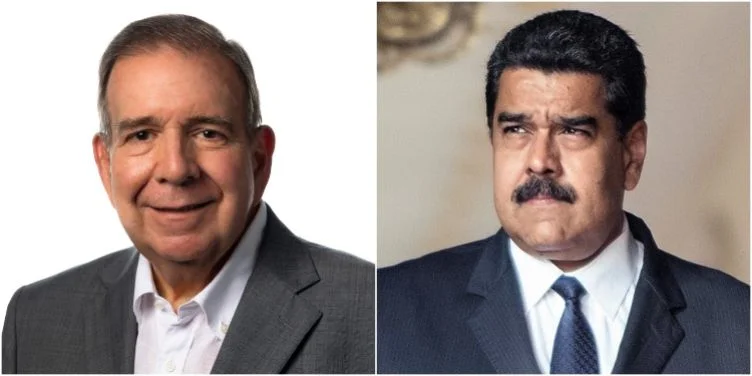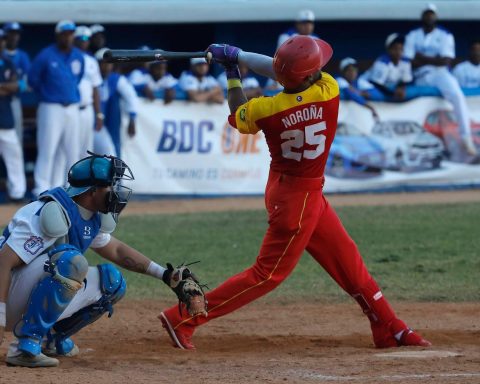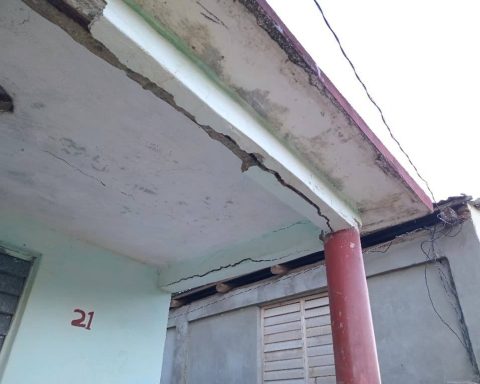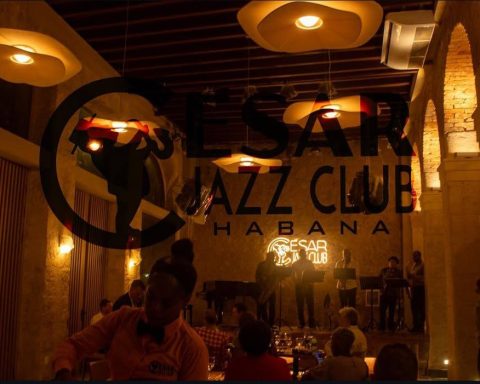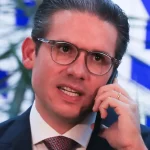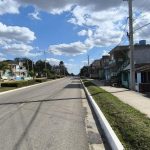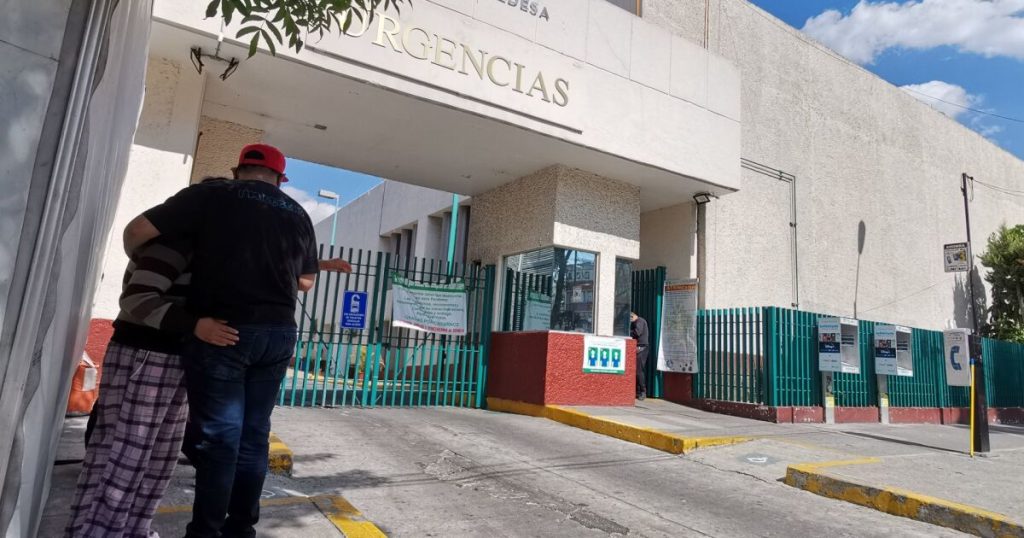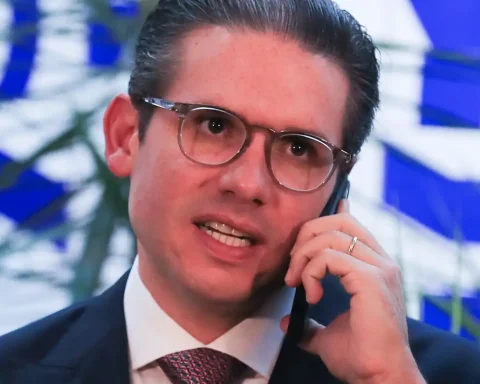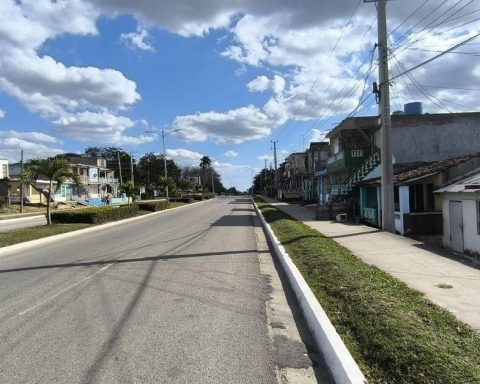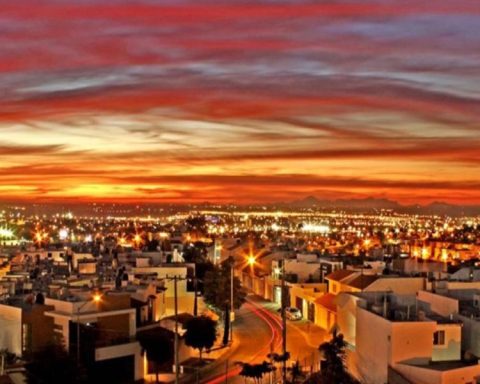MIAMI, United States. – The ceremony in which Nicolás Maduro intends to put on the presidential sash for the third time is scheduled for this Friday, January 10. However, questions about his victory in the elections on July 28 continue to grow, both inside and outside Venezuela. Below, we answer the main doubts about this controversial investiture act.
1. Why is there controversy regarding Maduro’s re-election?
Maduro, 62, was declared the winner in July 2024 by the National Electoral Council (CNE), which is under the control of Chavismo and awarded him 52% of the votes, without publishing the results broken down by table. The opposition and international electoral observers such as the Carter Center maintain that Edmundo González Urrutia, his main rival, obtained more than 67%. The Inter-American Commission on Human Rights (IACHR) concluded in a recent report that “the circumstances surrounding the presidential election of July 28 constitute an alteration of the constitutional order.”
2. When and where will the inauguration take place?
The inauguration is scheduled for January 10. The official ceremony will take place in Caracas, although further logistical details about the ceremony have not yet been released. Meanwhile, the high command of the Venezuelan Armed Forces has reaffirmed its “loyalty, obedience and subordination” to Maduro.
3. What does the IACHR say about Maduro’s legitimacy?
The IACHR published the report this Tuesday “Venezuela: serious violations of human rights in the electoral context” and concluded that “the electoral opacity, and in general, the restrictions on political rights registered prevent this Commission from considering that the re-election of Nicolás Maduro enjoys democratic legitimacy.” Likewise, he called for allowing an independent electoral audit with international observation.
4. What happened to Edmundo González, the opposition leader?
González Urrutia, who has been recognized as president-elect by the European Union and the United States, went into exile in Spain after an arrest warrant was issued against him. However, he has promised to return to Venezuela this January 10 to “assume the Presidency.” This Thursday he was in the Dominican Republic, the last stop on his Latin American tour prior to his inauguration. So far, no details are known about how he plans to enter the country, since an active search and capture weighs on him.
5. What countries recognize Nicolás Maduro as president?
More than 20 nations have expressed their support for Maduro’s inauguration and recognized the official results. Among them are Russia, China, Nicaragua, Bolivia, Cuba, Honduras and Turkey. For example, the dictator Daniel Ortega (Nicaragua) offered his support “in the event of an armed counterrevolution” and the Bolivian president, Luis Arce, celebrated that “the will of the Venezuelan people has been respected at the polls,” according to published reports.
6. Who has questioned Maduro’s new mandate?
The United States, several Latin American nations and organizations such as the OAS have expressed doubts or openly rejected Maduro’s re-election. CNN verified the minutes presented by the opposition and noted that they are authentic, while the Maduro Government insists that they are “false.” Likewise, Colombia does not recognize the result but will send its ambassador to the ceremony to avoid a break in relations, according to the presidency of that country.
7. What is known about the return of Edmundo González for an “alternative takeover”?
Although González Urrutia plans to return this January 10, the exact form and time of his entry into Venezuela remains unrevealed. He has been on an international tour and passed through countries such as Argentina and the United States, where he gathered support to support his position that the elections were fraudulent. If he manages to enter, he will have to avoid the arrest warrant that the Chavista Government maintains against him.
8. Will there be demonstrations related to this investiture?
Yes. María Corina Machado, opposition leader, called for nationwide protests this Thursdayunder the slogan of rejecting Maduro’s inauguration. Citizens in different Venezuelan cities are expected to mobilize with flags and clothing alluding to the national tricolor, demanding a “peaceful transfer of power” to the candidate they consider the winner.
9. What is the economic and social panorama in which Maduro intends to remain?
The last decade in Venezuela has been marked by a serious crisis that pushed more than seven million people to emigrate. Poverty, shortages of food and medicine, hyperinflation and accusations of corruption have deteriorated the popularity of Maduro, who began his political career as heir to the late former president Hugo Chávez. Despite slight improvements in supply since 2021, the opposition points out that this has not impacted the daily lives of the majority of Venezuelans.
10. What is expected after January 10?
The future of Venezuela will remain in dispute. With an opposition willing to continue claiming the supposed victory of Edmundo González Urrutia, and a regime determined to keep Maduro in power, the outlook looks uncertain. International organizations and different governments urge transparency and respect for human rights, while the ruling party insists that all opposition claims respond to “conspiracy plans” led from abroad.
